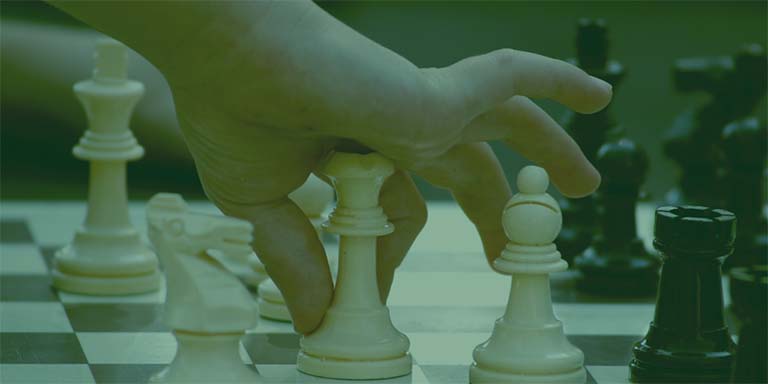There is an art to determining starting bids on items when it comes to nonprofit online auctions. You want to preserve the thrill of a possible bargain, recreate the excitement of a live auction item, and raise money for the cause.
Here are three strategies for determining starting bids for a successful auction:
Online auction pricing for physical items
When it comes to starting bids for physical items, such as bicycles or even experiences, there is a bit of nuance to keep in mind. Bidders will have different opinions on the value of an item and strategize their bids accordingly.
If you make a habit of setting your prices too low, you run the risk of turning your online auctions into bargain hunts and attracting the wrong crowd. Additionally, underpricing can lead to hurt feelings or even offense among generous donors.
On the flip side, pricing your auction items too high can limit the number of people willing to bid and dampen the excitement of the online auction environment.
A good rule of thumb is to choose a number between twenty-five and fifty percent of the item’s estimated retail price.
Pricing for cash equivalent gifts
Gift certificates to local eateries and shops are very popular auction items. Gift certificates are also very convenient since there’s no costly shipping involved.
These products come with a dollar amount attached to them. As a result, there’s not much wiggle room to let bidders determine the item’s value for themselves. To prevent underbidding, set your minimum bid around 75% of the cash value.
Use “top-end” or double-up prices to build excitement
- There are two strategies to consider
Top-end pricing, also called a “buy now” or “guaranteed” bid. A top-end price is a dollar amount at which a bidder automatically wins an item. For example, if you are auctioning off a $500 party package with a $1000 buy-out price, someone could, at any time, end the auction by bidding $1000 and winning the party package. - Double-up pricing. A particularly generous donor may agree to let you auction off multiple instances of an item or experience if bids reach a high enough price point. For example: A local winery donates a $750 wine tasting experience. You agree ahead of time that if you drive up the bids to $1500, you can declare two winners, each of whom would pay $1500. This creates excitement as well as goodwill and generates more money for the cause.
A good rule of thumb is to predetermine these special prices between 150% and 200% of the item’s market value. Be sure to consult with the item’s donor ahead of time to ensure that they are on board with your plan.
—
A strong pricing strategy is key to raising a meaningful amount of money for an important cause and creating an enjoyable nonprofit online auction experience. A robust nonprofit online auction software gives you the flexibility to customize your starting bids and minimum bidding increments so you can meet your goals and make your client happy.


Recent Comments